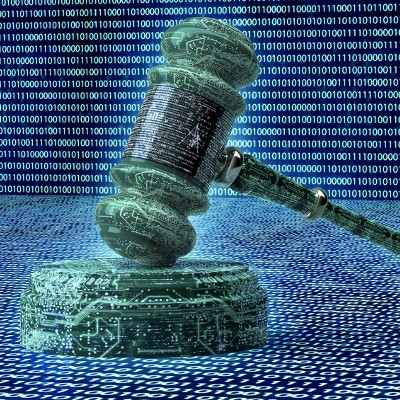We’ve all seen and heard about companies and government departments that have experienced major security and data loss events. Once the event is made public, there is a media frenzy of coverage disclosing answers to questions like: Were your records compromised? How can you protect nonpublic information in the future? What should you do if you are a victim? However, as the media focus moves to another topic, the breach becomes yesterday’s news - and there is very little coverage of what repercussions and penalties those entities that were breached faced - if any.
The United States Federal Government determined that general data breach events were ‘sectoral’, meaning that each state where at least one victim resides have the jurisdiction to create and enforce laws regarding general data breaches and security. When a breach occurs, offenders are normally required to give notification to that state's Attorney General, who then determines if the state will seek further action against the offending party.
The U.S. government has only stepped-in so far as to protect two specific-categories of nonpublic information; medical information, through the Healthcare Insurance Portability and Accountability Act (HIPAA), and financial information, through the Gramm-Leach-Bliley Act (GLBA). Even though these laws were established in the late 1990s, their application to information technology is still being explored by the court system. Compared to many other types of crime, prosecuting a data breach is still new, with federal courts having just completed a trial for the first time, in 2015.
Other parts of the world have already seen the importance of a unified standard for regulating data protection, breach prevention, investigation, and violation. The European Union has already passed a ‘General Data Protection Regulation’ which goes into effect in May 2018. In addition to giving data protection authorities more power and resources to investigate and enforce the law, the fines for an offending organization are $20 million or 4% of their revenue - whichever is the larger amount of money.
The secular responsibility of data security laws has lead to some pretty extreme variations among how breaches are handled by the United States. For example, it is the discretion of the state whether they choose to penalize the offending company per violation (records lost), per series of breaches (all charged as a single breach event), or, as impractical as it sounds, per resident. Furthermore, even if they’re prosecuted for their actions that led to the breach (or inactions in some cases), only four states and the District of Columbia give their Attorney Generals the explicit right to collect restitution. Those states are Arkansas, Illinois, Nevada, and Pennsylvania.
Additionally, many states completely bar individuals and organizations from taking independent action against the entity that had been breached, even if said entity is not prosecuted by the state or ordered to pay any type of restitution.
In what could be the most severe repercussion of all the possible punishments for a data breach, is the right of a state to file an injunction against offending businesses, forcing them to freeze operations, pending an investigation of the event. For many companies, the losses associated with indefinitely halting production, combined with damage to their reputation, will exceed any fines or restitution ordered by the court.
The good news is that many states have proposed new legislation or adjusted statutes to reflect the increasingly digital climate of the business world. In fact, a few progressive states have already implemented clarifying the exact amount of time allowed before an entity must notify the Attorney General of that state, as well as setting parameters for the maximum number of records stolen before breach notification is required. For example, Rhode Island law compels breached organizations to notify the Attorney General if five hundred or more records are compromised.
The reality is that, for the most part, cybercrime and data loss laws are a bit behind the technology. In many cases, states have found that by the time an act goes through legislation and becomes a statute, the technology that the laws were created for is outdated. After all, if we can access an infinite world of information immediately, perhaps it’s time to reconsider lengthy legislative processes.
What is your opinion on data breach laws? Should the federal government have a general data loss notification policy, or are the states the best choice to determine how to handle a breach?

